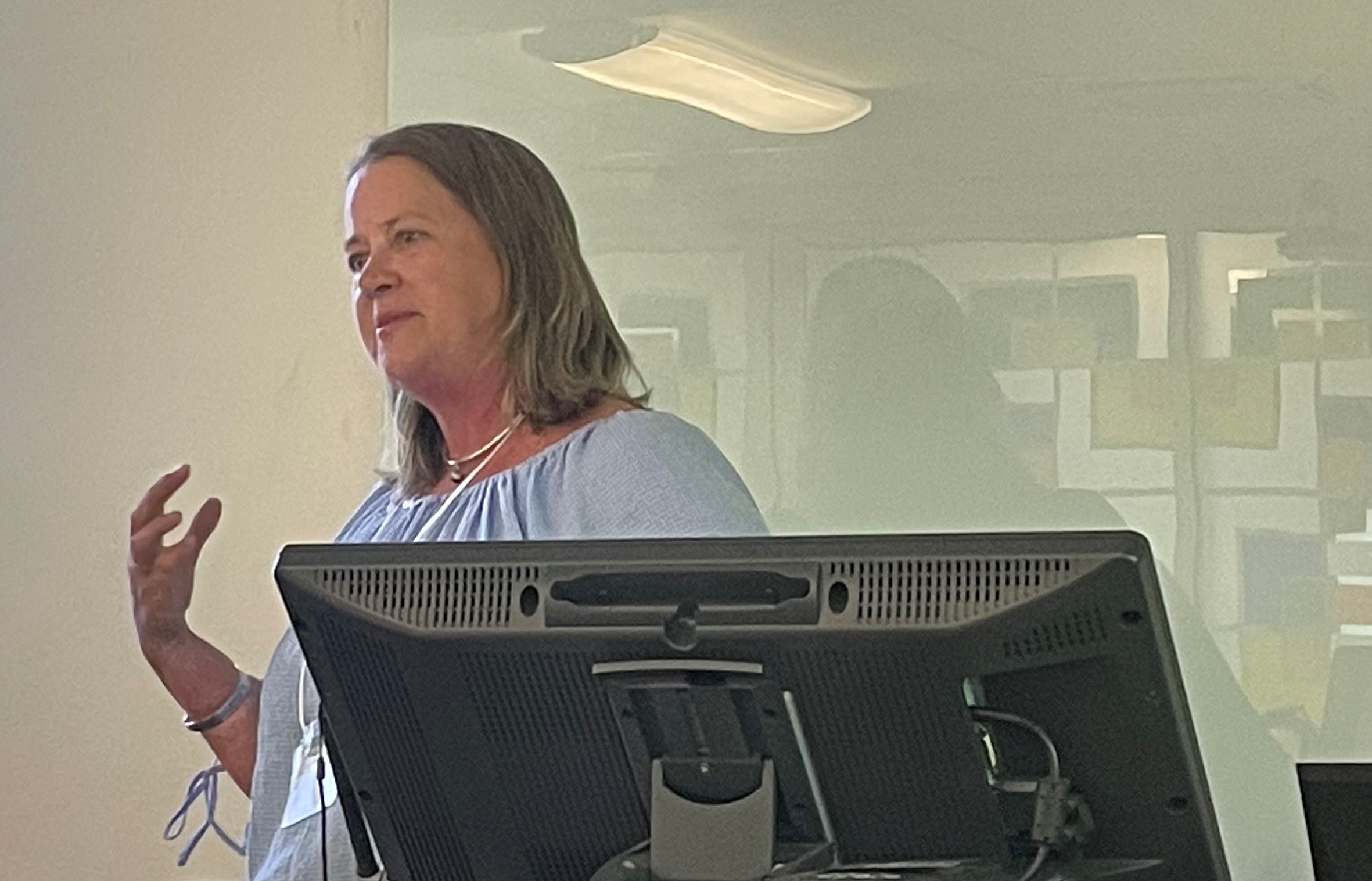

Cultivating Global Perspectives: International Agriculture for Development in Secondary School Science
February 12, 2024

In today’s interconnected world, the significance of international agriculture for sustainable development cannot be overstated. As educators, it’s crucial to equip our students with the knowledge and skills to understand and address the complex environmental challenges facing agricultural systems worldwide. That’s why we’re thrilled to present a workshop at the upcoming Victorian Science Teachers’ Conference – Real World Problems – Real World Solutions through Environmental Science, sponsored by the Crawford Fund.
Understanding the Need: International agriculture is at the heart of global food security, economic development, and environmental sustainability. Yet, it faces daunting challenges such as climate change, soil degradation, water scarcity, and biodiversity loss. To tackle these issues, innovative approaches integrating environmental science principles into agricultural practices are essential.
Workshop Focus: In this interactive workshop, environmental science teachers will utilise resources provided by the Crawford Fund to design a custom program for students, focusing on food and fibre production using the principles of design thinking. Specifically, the workshop will delve into Climate Change and Food and Nutrition Security and Australia – A Powerhouse of Agricultural Research.
The Crawford Fund materials are tailored to engage young Australians in international agriculture and development. These resources align with the Australian National Curriculum across multiple disciplines, including Geography, Economics and Business, Design and Technology, and Science, while addressing cross-curriculum priorities like sustainability and Australia’s engagement with Asia.
Workshop Highlights: Led by Heather MacDonald, Education Lead for the Crawford Fund, the workshop will offer:
- Strategies for integrating environmental science concepts into secondary school curricula.
- Exploration of editable PowerPoint resources for Secondary Educators.
- Review of student-directed learning modules
- Showcasing of the Nourishing Minds Competition with $2500 worth of prizes for schools.
Why It Matters: Empowering science teachers with the tools to incorporate international agriculture and environmental science into their teaching is crucial for building a sustainable future. Through experiential learning and cross-disciplinary approaches, students can develop a holistic understanding of the interconnectedness of agriculture, the environment, and global development.
Takeaways and Next Steps: Participants will gain valuable insights, resources, and inspiration to enhance their teaching practice. With new ideas and perspectives, they’ll be better equipped to foster global awareness and environmental literacy in their classrooms.
Education is our most potent tool for addressing the challenges of international agriculture and environmental sustainability. Through workshops like “Real World Problems – Real World Solutions through Environmental Science,” we can inspire students to cultivate global perspectives and shape a brighter future. We eagerly anticipate collaborating with Victorian Science Teachers at the Victorian Science Teachers Association Conference to drive meaningful change.
For more information on the resources available email [email protected] or register for more information here.




